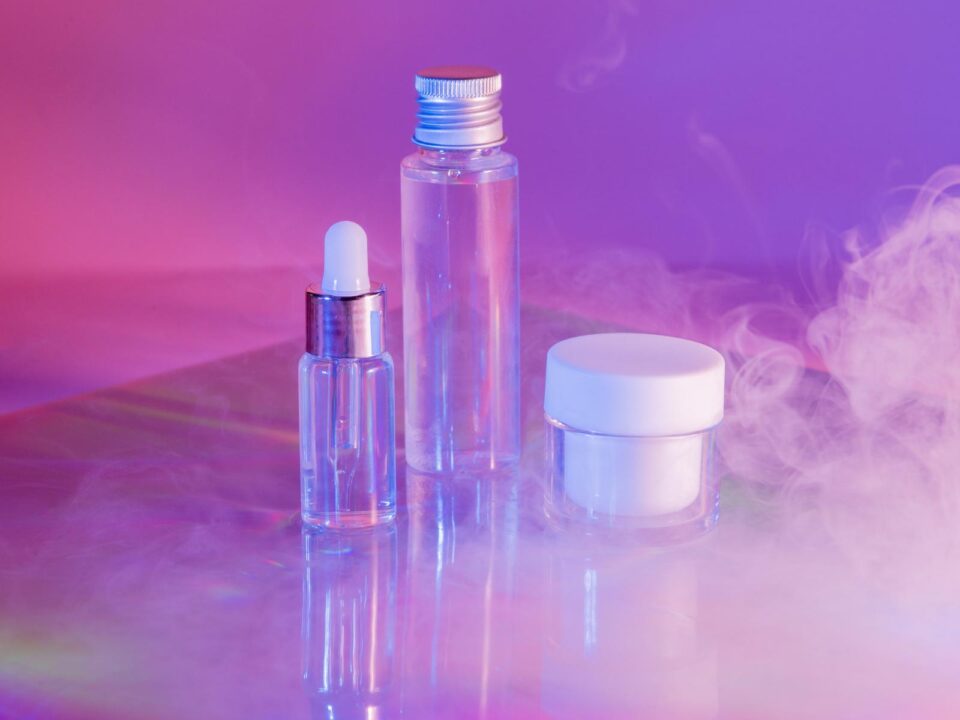The Future of Beauty Tech: How Technology Is Transforming Cosmetic Manufacturing

The Rise of Outsourcing: Exploring the Benefits of Third-Party Cosmetic Manufacturing
March 21, 2024
Marketing Strategies for Private Label Cosmetics: Building Brand Recognition
March 23, 2024In an era defined by technological innovation, the beauty industry is undergoing a profound transformation. From advanced skincare formulations to personalized beauty solutions, technology is revolutionizing every aspect of cosmetic manufacturing. In this blog, we explore the exciting developments in beauty tech and how they are reshaping the landscape of cosmetic manufacturing.
Advancements in Artificial Intelligence (AI) and Machine Learning have opened up new possibilities in cosmetic formulation and product development. AI-powered algorithms can analyze vast amounts of data, including consumer preferences, skin types, and ingredient efficacy, to create personalized skincare solutions tailored to individual needs. By harnessing the power of AI, cosmetic manufacturers can offer customized products that deliver targeted results, enhancing the efficacy and consumer experience.
Innovative ingredients are also driving the future of beauty tech, with bioactive compounds and biotechnological innovations leading the way. From plant-derived extracts to peptides and stem cells, cutting-edge ingredients are revolutionizing skincare formulations, offering unparalleled benefits in anti-aging, hydration, and skin repair. By integrating these innovative ingredients into their formulations, cosmetic manufacturers can develop products that deliver superior results and address specific skincare concerns with precision.
Furthermore, the rise of 3D printing technology is transforming the way cosmetic products are manufactured and customized. 3D printing allows for the precise deposition of cosmetic ingredients, enabling manufacturers to create intricate textures, complex formulations, and customizable products with unprecedented accuracy. This technology not only enhances product performance but also reduces waste and production costs, making it a sustainable solution for the future of cosmetic manufacturing.
Augmented Reality (AR) and Virtual Try-On tools are revolutionizing the way consumers experience and purchase beauty products. By leveraging AR technology, brands can offer virtual makeup try-on experiences, allowing consumers to visualize how different products will look on their skin before making a purchase. This immersive shopping experience enhances consumer engagement and confidence, driving sales and brand loyalty in the increasingly competitive beauty market.
Additionally, digitalization and data analytics are reshaping supply chain management and production processes in cosmetic manufacturing. By implementing smart manufacturing solutions and IoT-enabled devices, manufacturers can optimize production efficiency, minimize downtime, and ensure product quality and safety at every stage of the manufacturing process. Real-time data analytics also enable manufacturers to anticipate market trends, optimize inventory management, and respond quickly to changing consumer preferences, driving innovation and growth in the industry.
In conclusion, technology is playing a pivotal role in shaping the future of cosmetic manufacturing, driving innovation, and transforming the beauty industry. From AI-powered formulations to 3D printing and AR-enabled shopping experiences, the possibilities are endless. By embracing technology-driven solutions, cosmetic manufacturers can stay ahead of the curve, offering innovative products that meet the evolving needs and preferences of consumers in the digital age.





